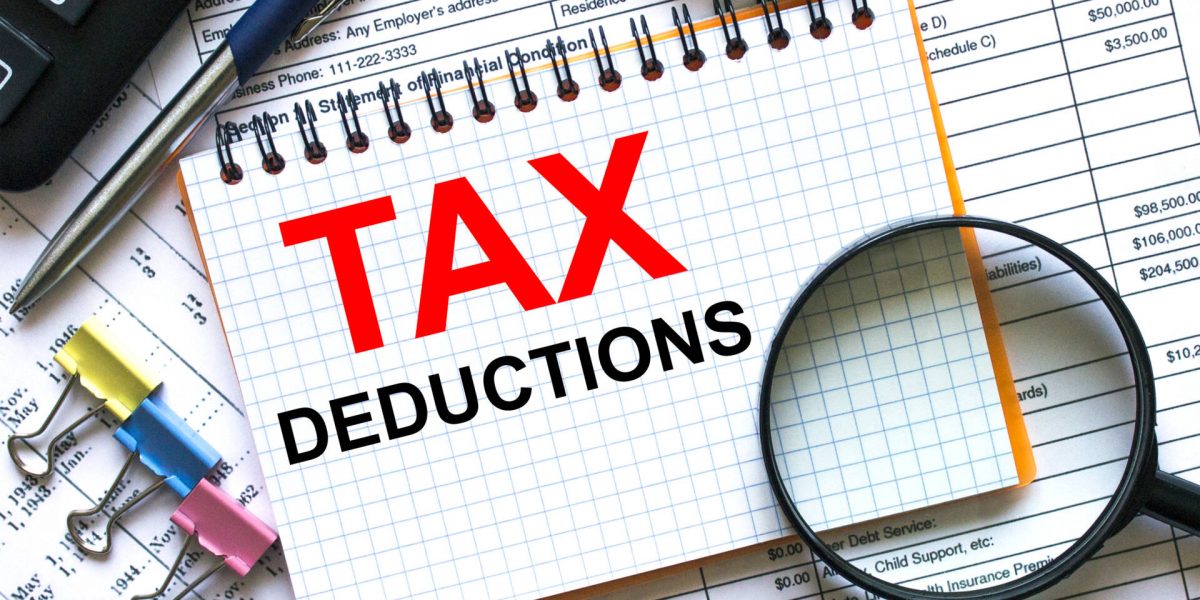Understanding Indian Income Tax Deductions and Exemptions
What are tax deductions?
Tax deductions are claims made to lower your taxable income that result from different investments and expenses incurred by a taxpayer. As a result, taking an income tax deduction lowers your entire tax obligation. It is a form of tax break that allows you to lower your tax liability. The type of tax benefit you claim will, however, determine how much tax you can save.
Tax Deduction vs. Tax Exemption
Both “tax deduction” and “tax exemption” relate to a reduction in taxable income; they are both types of government-provided tax relief or tax benefits. Tax exemptions, on the other hand, can include reduced rates, no taxes at all, or only a portion of your income being taxed. You are excused from paying taxes if you receive a certain amount of income. For instance, you can be eligible for a tax deduction if you donate to charities and other relief organizations.
The government typically provides tax-exempt entities for investors to invest in in order to promote investments. Such entities are not subject to any taxes, either individually or collectively. Investments under the Sukanya Samriddhi Scheme, for instance, are completely tax deductible. At the period of investment, interest accrual, and payout of returns (EEE), money deposited under this program will be exempt from tax. When you take a tax deduction, your income tax obligations are reduced by a certain amount when you spend money in particular ways.
To lower your taxable income, you invest in several plans. Paying house loan EMIs and life insurance payments, for instance, qualifies as a tax deductible. Government agencies provide tax breaks to entice citizens to take part in initiatives that benefit society.

What exactly is Tax Deducted at Source?
The Income Tax Department of the Government of India has implemented a mechanism known as TDS (tax deducted at source) to collect revenue efficiently and speedily. TDS allows tax to be deducted/collected at the source of income. TDS is the government’s indirect way of collecting taxes. It ensures a consistent source of revenue for the government by collecting taxes as income is produced rather than when a taxpayer files returns at the end of the year.
Any authorized person or entity tasked with the responsibility of collecting tax collects and pays tax to the government on behalf of an individual payer. In exchange, the individual taxpayer receives a TDS certificate indicating that the tax was paid on his or her behalf. Thus, tax is deducted at the source and remitted to the government on the payer’s behalf. This provision of tax deduction at source applies to a variety of payments, including salary, commission, interest on fixed deposits, brokerage, professional fees, contract payments, and royalty, among others.
The Advantages of Tax Deductions
There are several advantages to tax deduction, which include:
- Tax deductions enable you to reduce your taxable income and thus save money. When you claim an income tax deduction, the amount of your income that is liable to tax is reduced.
- A lower taxed income allows you to save and invest in other areas.
- Tax deduction decreases income subject to the highest tax brackets first. As a result, you can claim a tax deduction for tuition, medical expenditures, and charitable contributions.
Income tax returns are required, and you cannot avoid paying tax entirely. However, with careful preparation, you can lower your taxable income.
Conclusion
In conclusion, individuals must understand income tax deductions and exclusions in India in order to successfully manage their tax payments. Investment, medical, and education deductions, for example, can dramatically lower taxable income. Meanwhile, tax breaks such as allowances for house rent, leave travel, and agricultural income might help you save even more money.
Taxpayers can optimize their tax planning techniques and assure compliance with the Indian tax system by being aware of these rules and using them effectively. To stay current on the available deductions and exemptions, it is critical to speak with a tax professional or refer to the most recent tax laws and standards.



